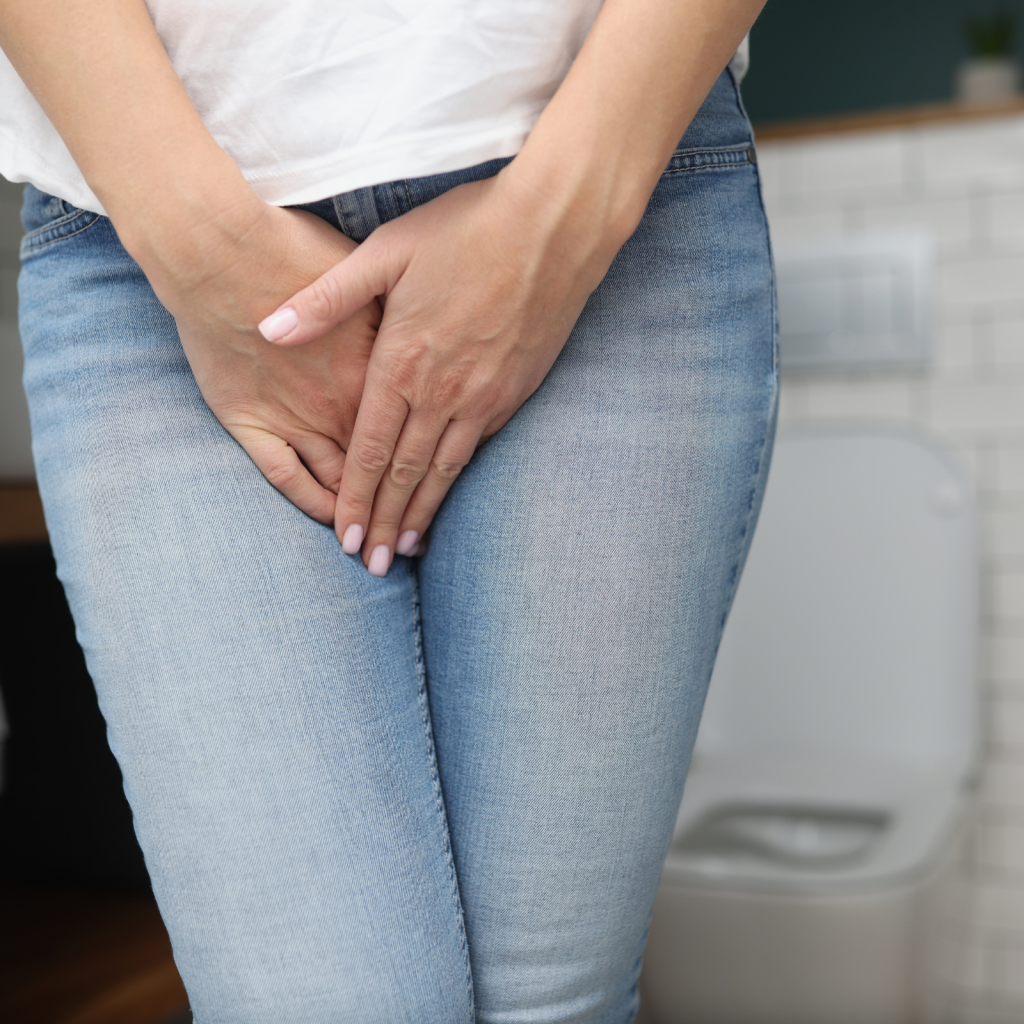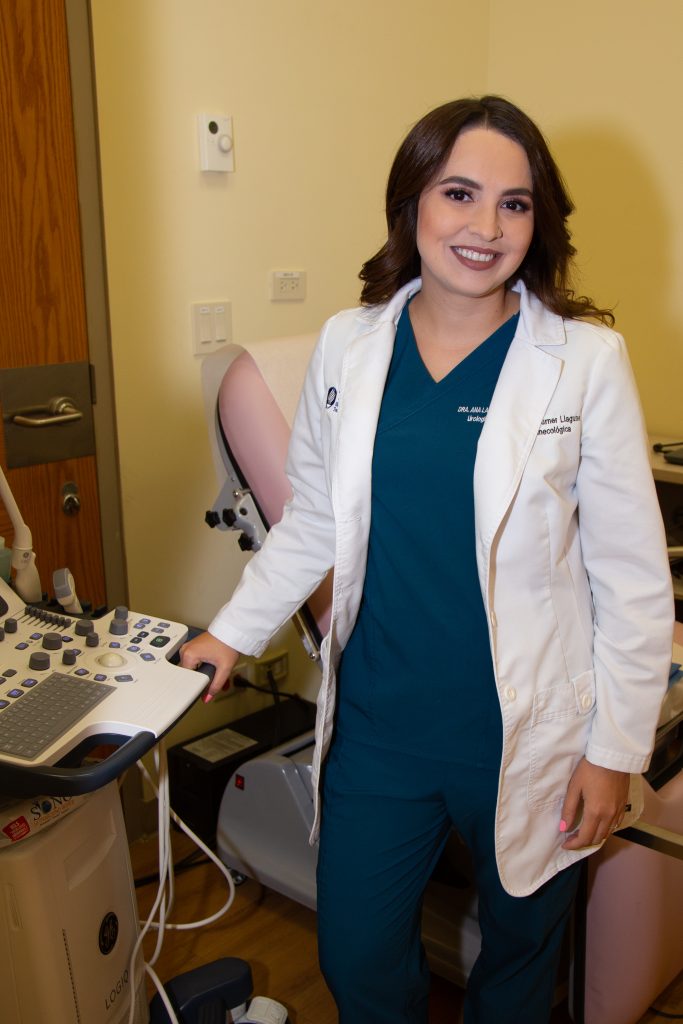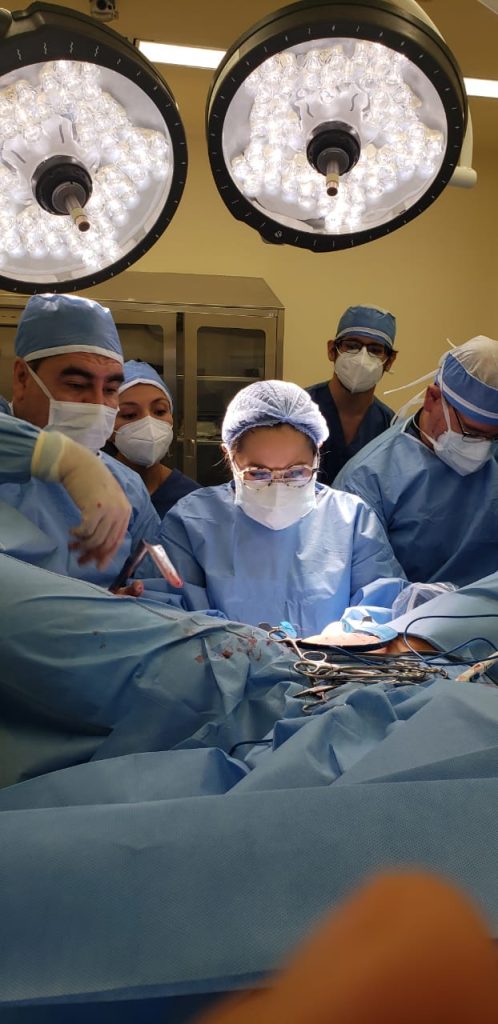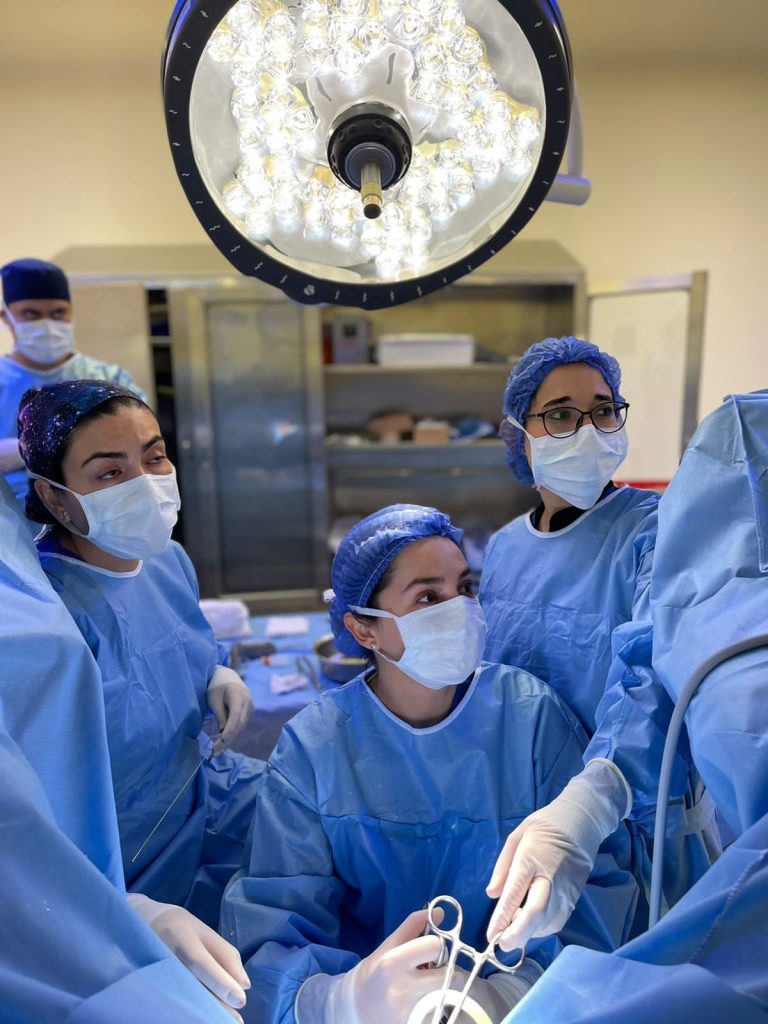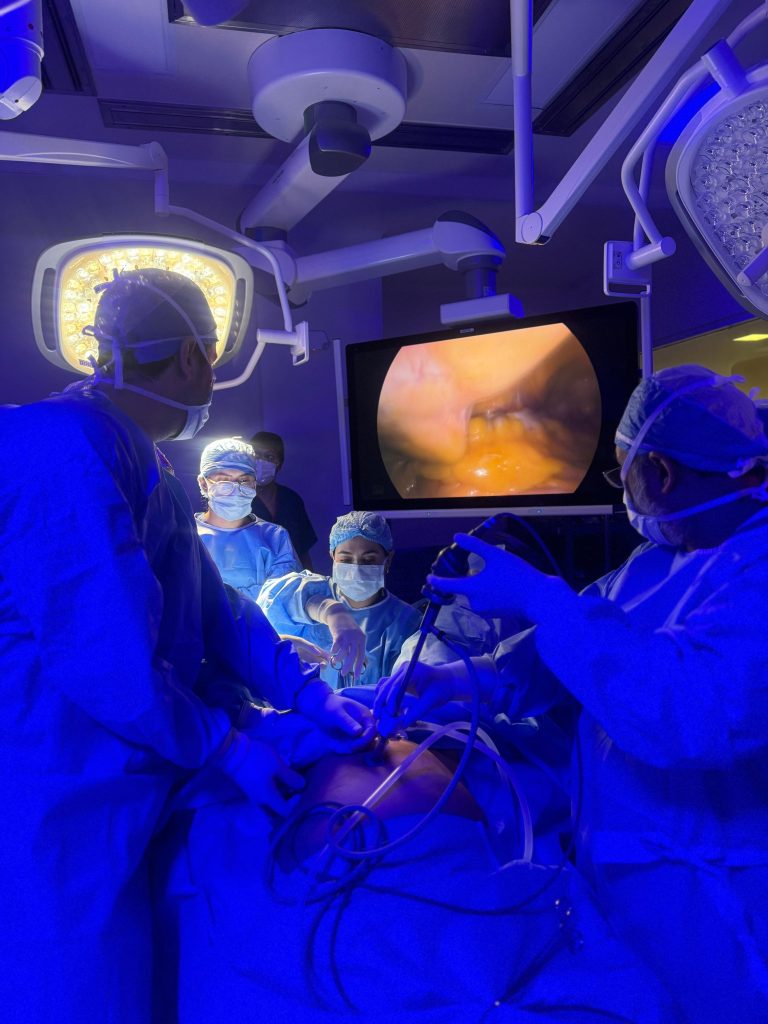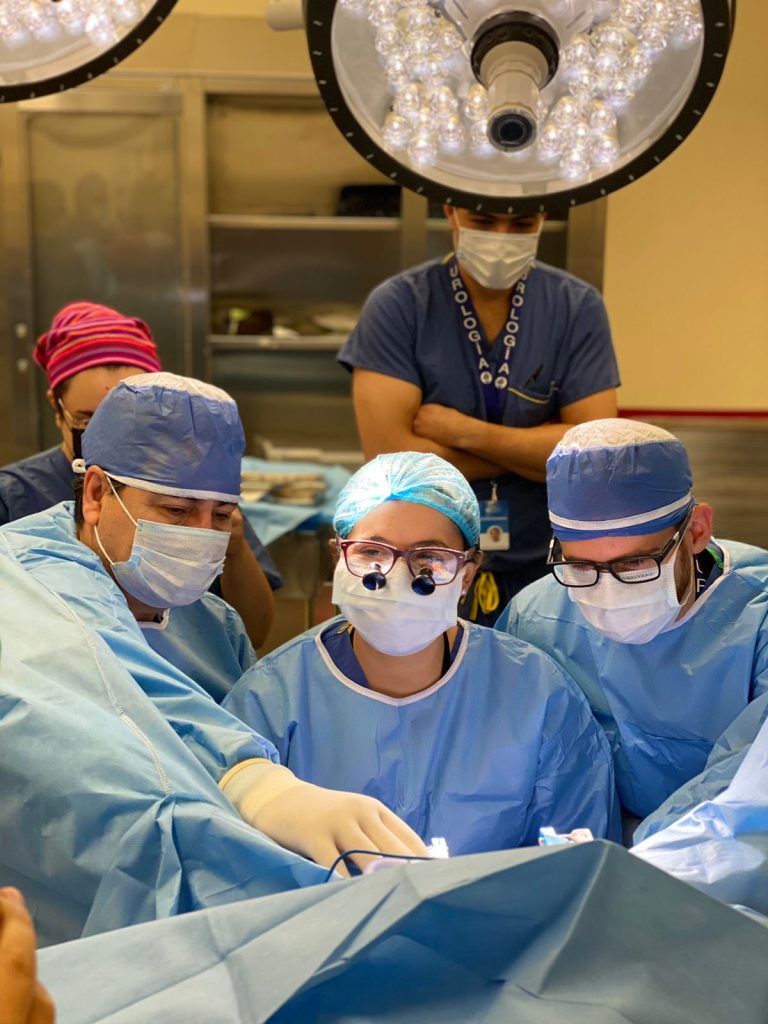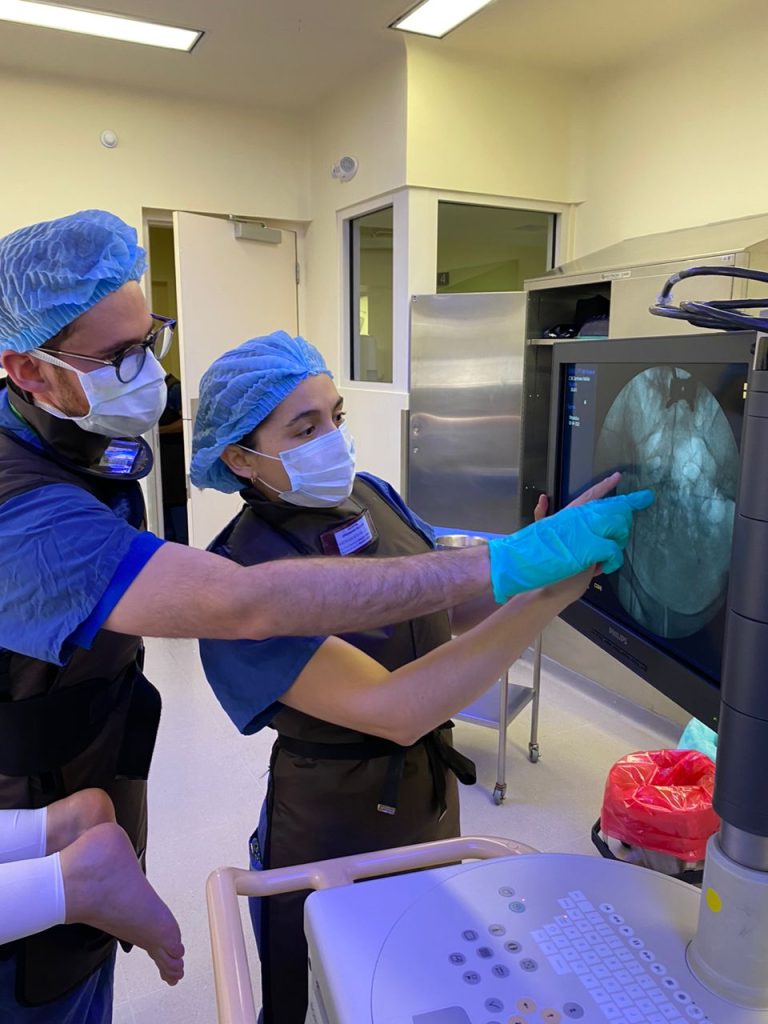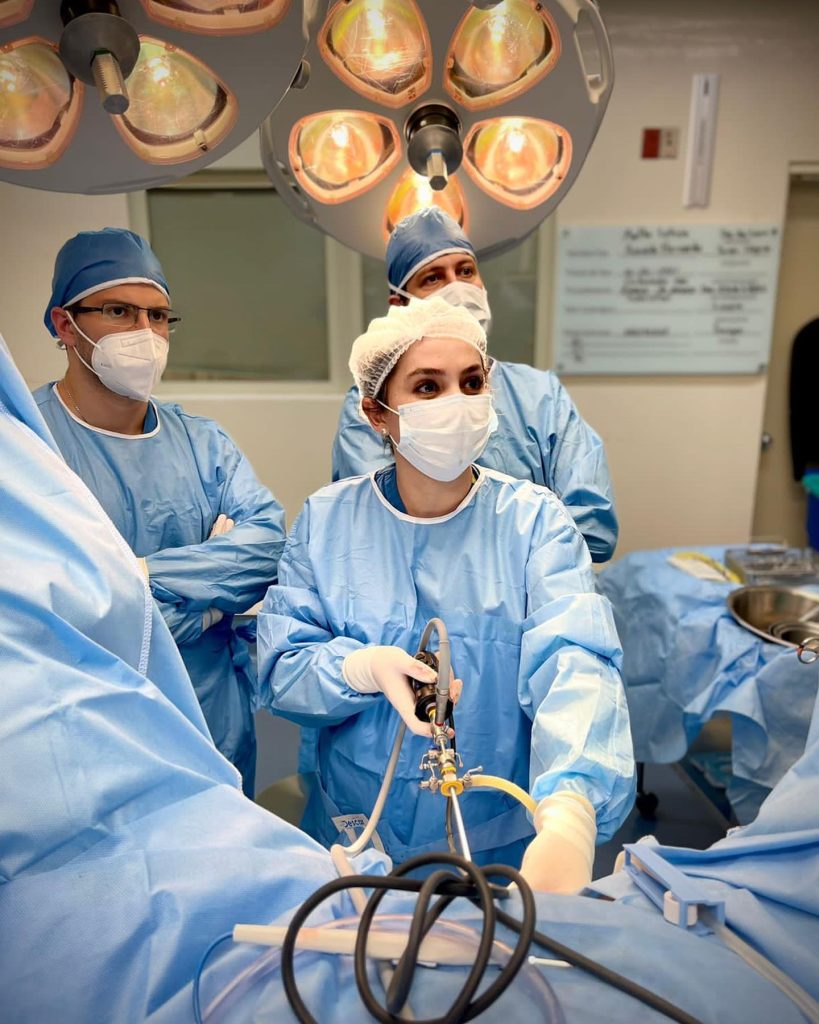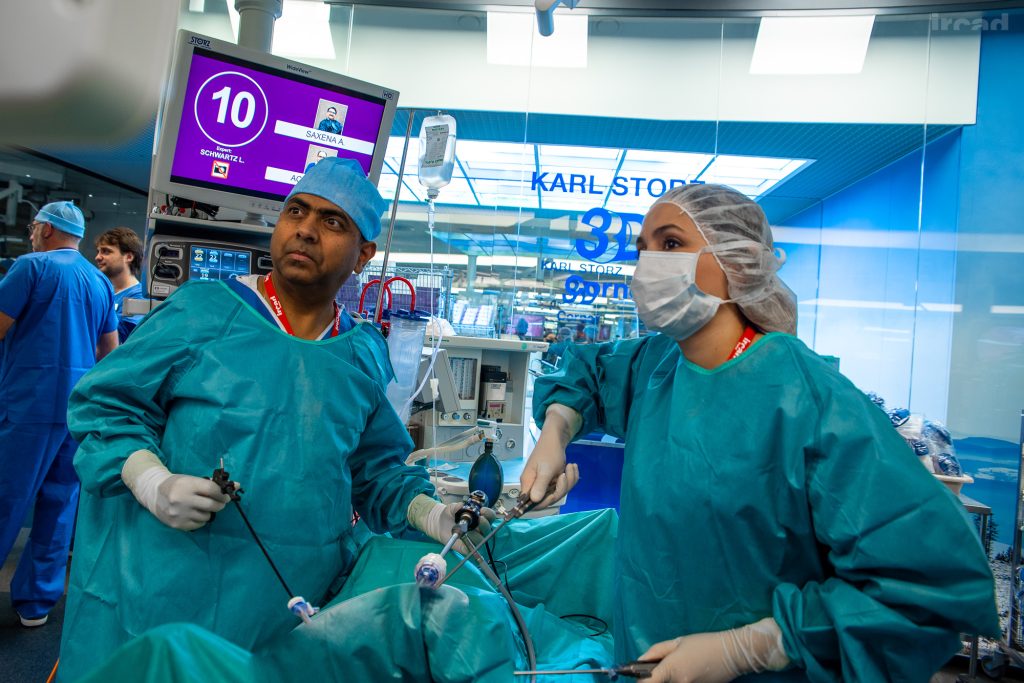Urgency Urinary Incontinence (Overactive Bladder)
Urgency urinary incontinence, also known as overactive bladder, is characterized by:
Urinary urgency: A sudden and uncontrollable urge to urinate that cannot be delayed.
It may be accompanied by:
- Increased urinary frequency: Needing to urinate more frequently than normal.
- Urinary incontinence: Involuntary loss of urine.
- Nocturia: Waking up multiple times at night to urinate.
What causes overactive bladder?
Overactive bladder occurs when the bladder muscles contract involuntarily, even when there is a small amount of urine, creating an urgent need to urinate.
Various conditions can contribute to this issue, such as:
- Neurological disorders: Stroke, multiple sclerosis, among others.
- Diabetes.
- Medications: That rapidly increase urine production or require high fluid intake.
- Acute urinary tract infections: Which cause symptoms similar to overactive bladder.
- Bladder abnormalities: Tumors or bladder stones.
- Bladder outlet obstruction: Due to constipation or previous surgeries to treat other types of incontinence.
- Excessive consumption of caffeine or alcohol.
- Cognitive decline: Associated with aging, which affects interpretation of brain signals.
- Difficulty walking: Which makes it hard to reach the bathroom in time.
- Incomplete bladder emptying: Which reduces the bladder’s storage capacity.
In some cases, the exact cause of overactive bladder may not be identified.
Treatment options:
Initial management focuses on:
1. Behavioral changes:
- Reducing caffeine and alcohol intake.
- Improving bowel health to prevent constipation.
2. Pharmacological treatment:
- Medications to relax bladder muscles and reduce involuntary contractions.
3. Electrostimulation:
- Of the pelvic floor to strengthen the muscles.
- Of the posterior tibial nerve to control nerve signals.
4. Advanced treatments:
- Intravesical botulinum toxin: To reduce involuntary bladder contractions.
- Sacral neuromodulator: An implanted device that regulates nerve activity and improves symptoms.
If you are experiencing symptoms of overactive bladder, schedule a consultation for a complete evaluation and to personalize the treatment that best suits you. Our goal is to help you regain your quality of life.

